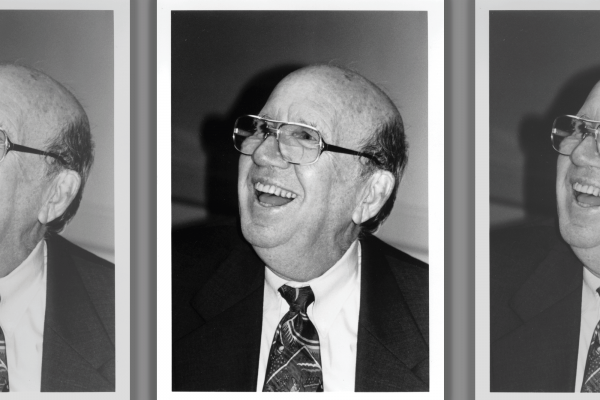IT FEELS AS though the United States could not become more polarized. Across our contemporary chasm, no matter what side people believe they occupy, the other always feels unreachable. That’s why this is a particularly apt time to ponder the late Rev. Will D. Campbell, who was born 100 years ago this July.
A white Mississippian raised in a 1920s Jim Crow thicket, Campbell rejected that era’s rampant racism early on. When the civil rights movement began, he embraced its goals with open arms. Campbell’s no-frills reading of the Sermon on the Mount led him to the cause. When 16-year-old Ernest Green and eight other African American students entered Arkansas’ Central High School in 1957, Campbell walked beside them. When the Southern Christian Leadership Conference came together, Campbell was the only white man in attendance. When the Student Nonviolent Coordinating Committee formed in 1960, Campbell made the first cash donation. To the brave leadership from the Black community, he added his own. For everyone involved, it was an extremely dangerous endeavor.
Then, at the midway point in Campbell’s life, his ministry underwent a drastic change. He set a controversial new direction for himself, one that confused many of his supporters and angered others. He began a soul-saving outreach to the white racists of the local Ku Klux Klan.
Read the Full Article

